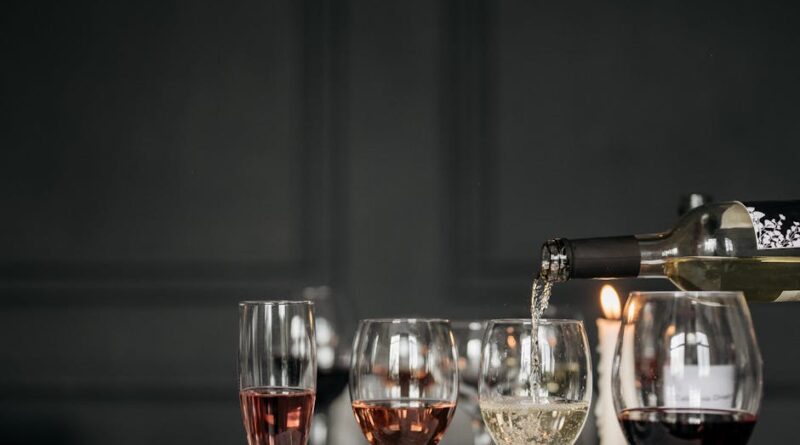The Best Wines for Tasting Events
Are you ready to host a wine tasting? It can be a fun and tasty way to explore new flavors with friends. But with so many wines available, how do you choose the best ones for your event? Lets dive into the world of wine and discover the best options for your next tasting.
What Makes a Great Tasting Wine?
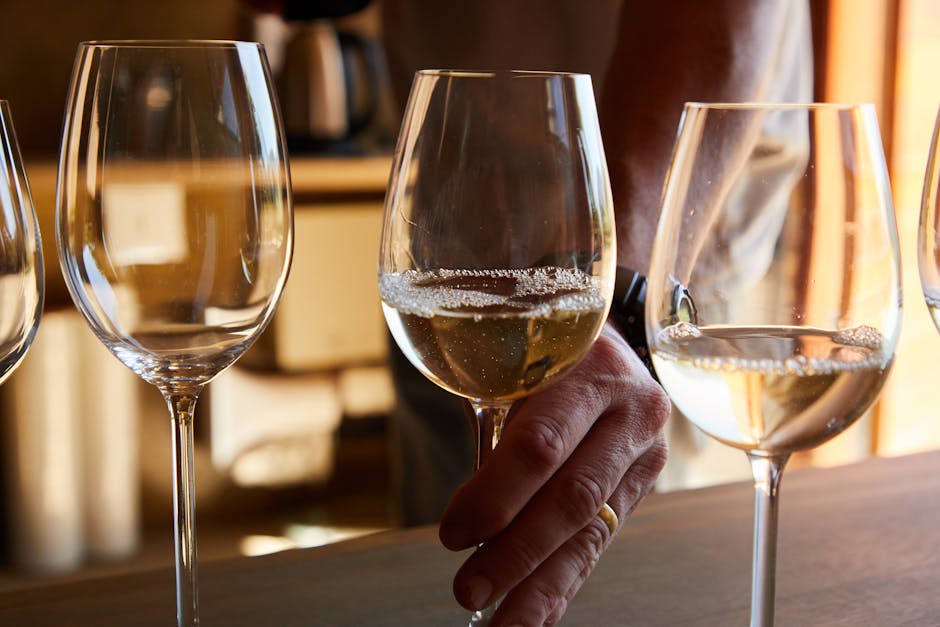
Choosing the right wines is key to a successful tasting. A great tasting wine should offer a range of flavors and aromas. It should also be enjoyable for both beginners and experienced drinkers. Here are some essential factors to consider:
- Variety: Include different types of wine like reds, whites, and ross.
- Region: Wines from various regions can provide unique tastes.
- Price point: Select wines within a reasonable price range.
When you mix these factors, you create an exciting tasting experience. Each wine tells a story, and youll want your guests to appreciate that.
Which Wines Should You Include?
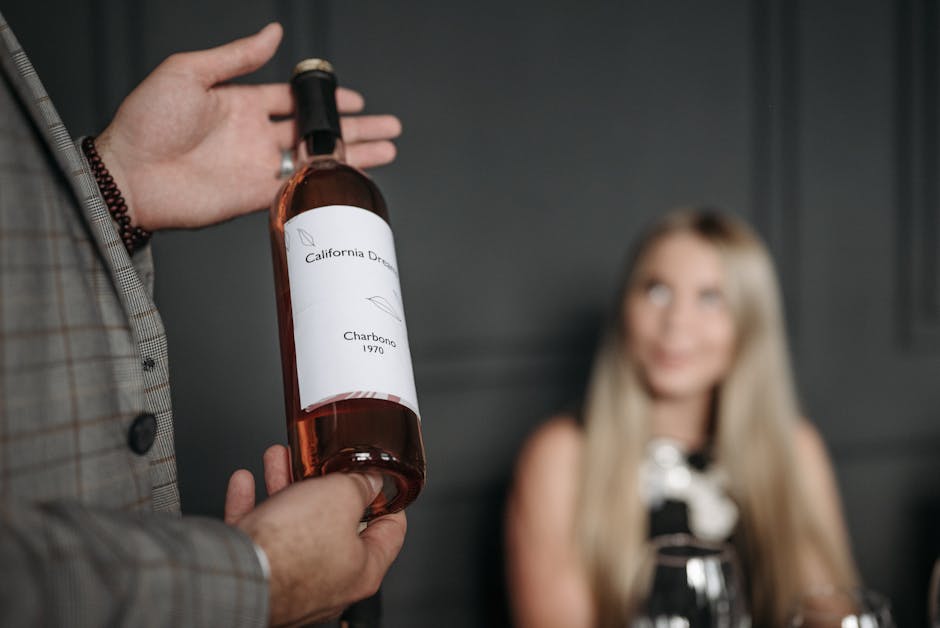
Lets break down some of the best options for your tasting event.
Red Wines
Red wines are often a crowd favorite. They can range from light and fruity to robust and complex. Here are a few standout choices:
- Pinot Noir: Known for it’s light body and smooth finish, this wine is perfect for beginners. It has flavors of cherry and raspberry.
- Cabernet Sauvignon: A classic choice, it brings bold flavors of blackcurrant and plum. It pairs well with hearty foods.
- Malbec: This wine offers a rich taste with notes of blackberry and cocoa. it’s great for those who enjoy a fuller body.
Each of these wines has something unique to offer. They can spark conversation and exploration among your guests.
White Wines
White wines can be just as delightful. They are often refreshing and pair well with lighter dishes. Here are some great picks:
- Sauvignon Blanc: This wine is crisp and zesty with flavors of green apple and citrus. it’s perfect for a summer event.
- Chardonnay: Depending on how it’s made, Chardonnay can be buttery or fruity. It often has notes of vanilla and tropical fruit.
- Riesling: A sweet option, Riesling offers floral aromas and flavors of peach and honey. it’s great for dessert pairings.
White wines can balance out the heavier reds, giving your tasting a well-rounded experience.
What About Sparkling Wines?
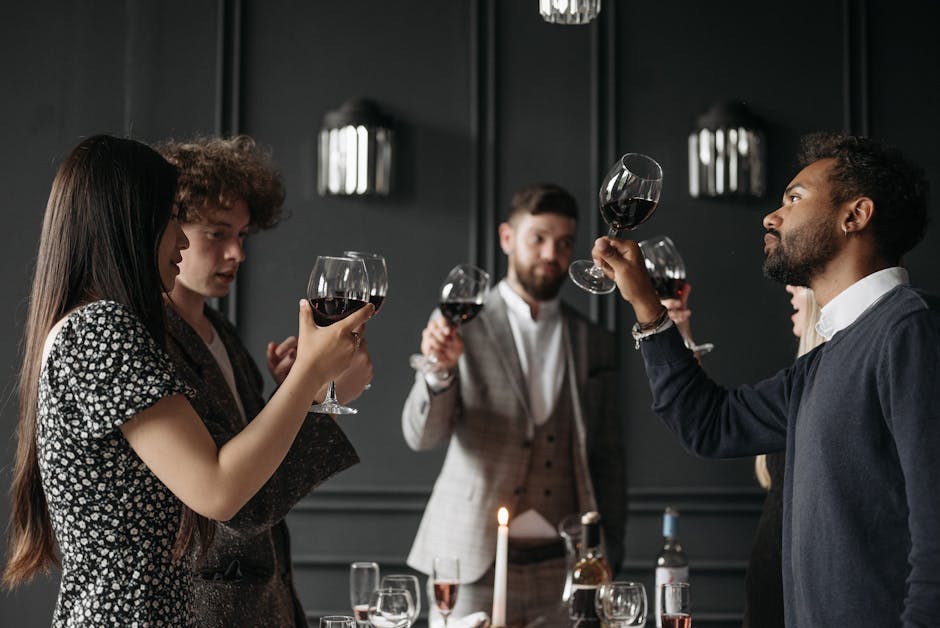
don’t forget about sparkling wines! They add a festive touch to any event. Here are a couple of options:
- Prosecco: This Italian sparkling wine is light and fruity. it’s often more affordable than Champagne.
- Champagne: A classic choice for celebrations. Champagne offers complex flavors and a crisp finish.
Including sparkling wines can elevate the mood. They are perfect for toasting and celebrating.
How Do You Pair Food with Wine?
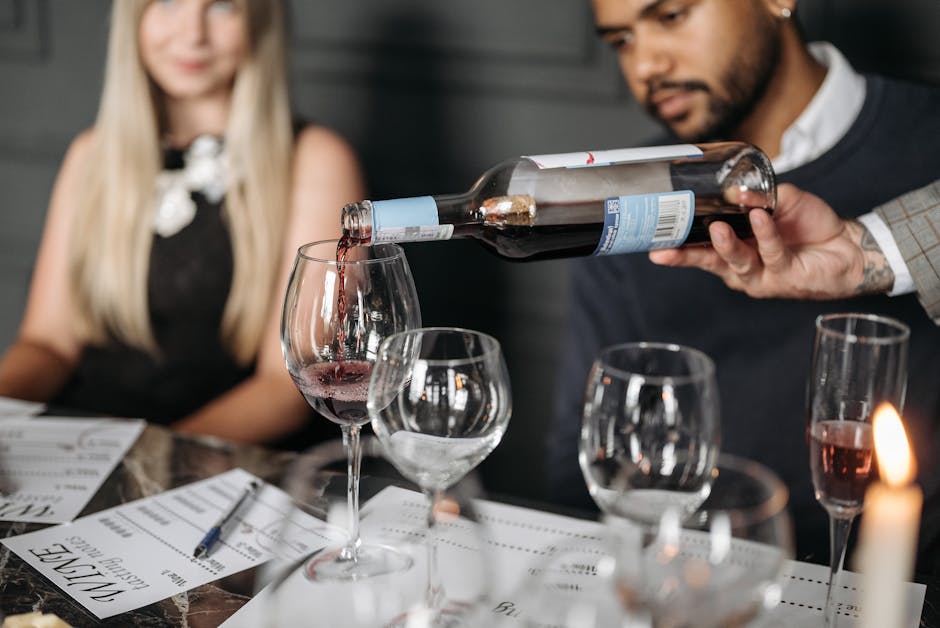
Food and wine pairing can enhance both the flavors of the wine and the dish. Here are some simple tips:
- Match intensity: Pair light wines with lighter dishes (like fish) and bold wines with hearty foods (like steak).
- Consider flavors: Sweet wines go well with spicy foods, while acidic wines pair nicely with creamy dishes.
- Experiment: don’t be afraid to try new combinations. Sometimes the best pairings are unexpected!
Sharing food with wine is a great way to engage your guests. It creates a memorable experience.
How Many Wines Should You Offer?
Offering too many wines can overwhelm your guests. A good number is between four to six wines. This selection allows everyone to taste without feeling rushed. Heres a simple guideline:
- Two white wines
- Two red wines
- One or two sparkling wines
This balance keeps your tasting interesting and enjoyable. It also gives your guests a chance to savor each wine.
What Tools Do You Need for a Tasting Event?
To create an enjoyable atmosphere, youll need some essential tools:
- Wine glasses: Use appropriate glasses for the type of wine being served.
- Spittoons: Provide containers for guests who want to taste without drinking.
- Water and snacks: Offer water to cleanse the palate and light snacks to nibble on.
These items will help your guests feel comfortable and engaged throughout the tasting process.
How Can You Enhance the Experience?
To make your tasting stand out, consider these tips:
- Create a theme: Focus on a region (like Napa Valley) or a grape variety (like Merlot).
- Provide notes: Offer tasting cards with information about each wine. Include tasting notes and food pairings.
- Invite an expert: Consider having a sommelier or wine expert present. They can guide discussions and answer questions.
Enhancing the experience can turn a simple tasting into an unforgettable event.
What Are Common Misconceptions About Wine Tasting?
Many people have misconceptions about wine tasting. Here are a few common ones:
- You need to be an expert: Wine tasting is for everyone! You don’t need extensive knowledge to enjoy wine.
- All wine has to be expensive: There are plenty of affordable wines that taste great. Quality doesnt always mean high price.
- Red wines must be served warm: Most reds are best at room temperature, but some can be chilled slightly.
Debunking these myths can make your guests feel more comfortable and open to trying new things.
What Should You Serve for Dessert?
Desert wine can be a delightful way to end your tasting. Here are some sweet options:
- Moscato: This sweet wine brings notes of peach and apricot, making it a favorite choice.
- Sauternes: A richer dessert wine, Sauternes offers honeyed notes and pairs beautifully with cheese.
Offering a sweet finish can leave a lasting impression on your guests.
How to Wrap Up Your Tasting Event?
As your event comes to a close, take a moment to thank your guests. Encourage them to share their favorite wines from the tasting. You can even provide a handout with wine recommendations for future purchases.
To make your event even more memorable, consider sending a follow-up email with a list of wines tasted and any interesting facts shared during the event.
Final Takeaways
Hosting a wine tasting event can be fun and rewarding. Remember these key points:
- Choose a variety of wines to keep it interesting.
- Pair wines with appropriate foods for an enhanced experience.
- Keep wine selection manageable, typically 4-6 options.
- don’t forget essential tools and tips to create an enjoyable atmosphere.
With these tips in mind, you are well on your way to hosting an unforgettable wine tasting experience. Cheers to new flavors and great company!
For more insights on wine, check out [Wine Folly](https://winefolly.com/). Looking for more tips on hosting events? Visit our [Events Planning Guide](https://www.example.com/events-planning-guide).
